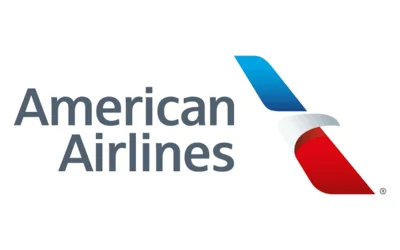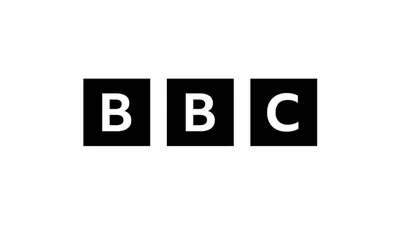The tentative agreement was reached on August 19, 2025, after cabin crew defied a government order to return to work. Key provisions include a 12% salary increase this year for most flight attendants and an 8% raise for senior staff. Additional terms cover pensions, retirement bridging, health benefits, and vacation. Scheduled raises include a 3% increase in 2026, followed by increments of 2.5% in 2027 and 2.75% in 2028.
Since reaching the agreement, Air Canada has been restoring its operations. The airline expects nearly full service through the weekend after gradually increasing activity since August 19, 2025. On August 21, Mark Nasr, Executive Vice President and Chief Operations Officer at Air Canada stated: “40,000 coworkers, with their exceptional commitment and expertise, have allowed us to restore operations ahead of plan.” By August 22, all of Air Canada's fleet was back in service operating about 95% of its network.
Flight tracking data from FlightAware.com shows that disruptions at Toronto Pearson International Airport (YYZ) have decreased significantly as operations resume. As of early August 23, only a small number of flights were delayed or canceled by Air Canada and its subsidiary Air Canada Rouge.
Air Canada has also updated its goodwill policy to reimburse reasonable accommodation and out-of-pocket expenses for travelers affected by disruptions between August 15 and August 23 due to industrial action.
The core issue behind the dispute is compensation for ground duties performed by flight attendants before takeoff or after landing—work traditionally unpaid by airlines. Negotiations continue as CUPE members prepare to cast their votes on whether to accept or reject the current proposal.
A rejection could lead to renewed disruptions across Air Canada's network if further negotiations become necessary.
 Alerts Sign-up
Alerts Sign-up




































